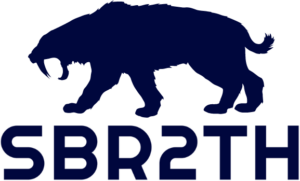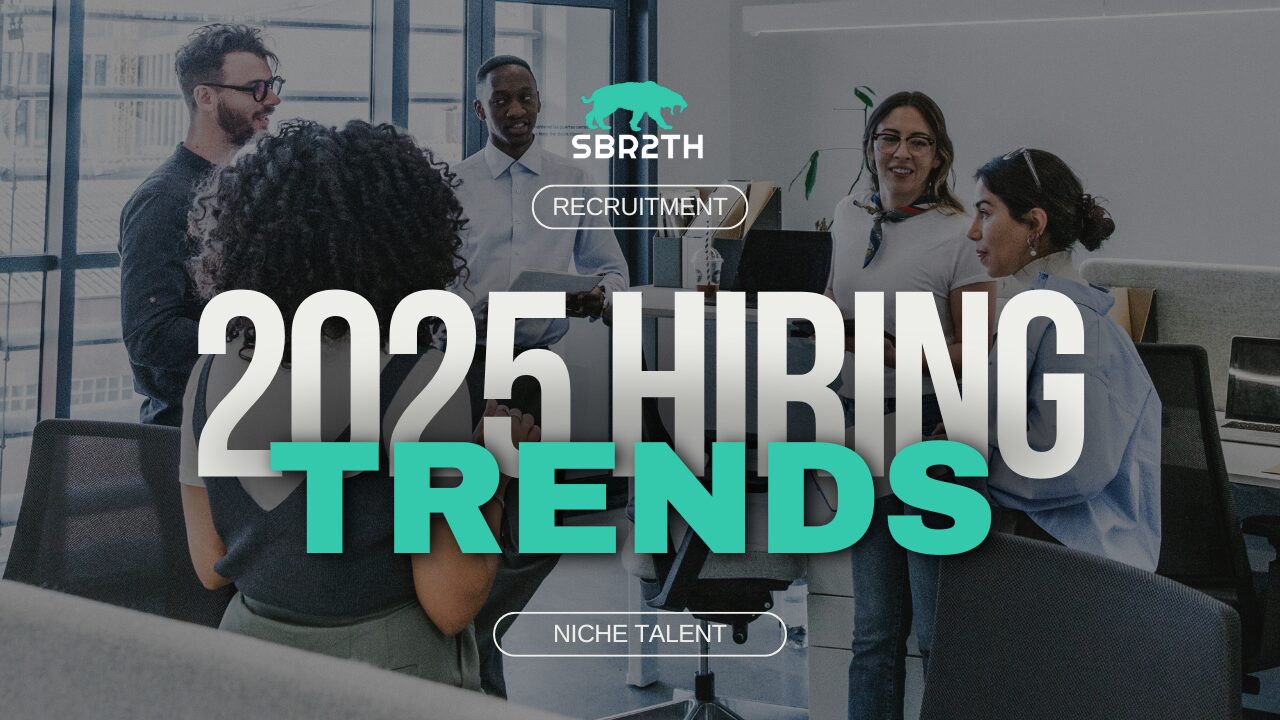As companies continue to navigate the challenges of recruiting talent with specialized knowledge, the demand for niche, industry-specific expertise is expected to grow significantly in 2025. Roles requiring deep industry knowledge, such as those in manufacturing, healthcare, and finance, will be in high demand, as businesses seek to fill gaps with professionals who possess not only technical abilities but also sector-specific insights. Here’s a closer look at the hiring trends for 2025, focusing on finding talent with expertise beyond the tech sector.
1. Industry-Specific Knowledge Becomes Essential
In 2025, industries like manufacturing, healthcare, and energy will increasingly prioritize hiring candidates with niche expertise. For instance, healthcare organizations will need professionals with a deep understanding of regulatory compliance, data privacy, and patient care workflows, while the energy sector will require individuals experienced in renewable energy projects and supply chain management. These positions often require a nuanced understanding of industry-specific challenges that go beyond technical skills, making recruitment more complex.
75% of hiring managers across various industries report difficulties in finding candidates with the necessary combination of specialized skills and sector knowledge. This trend is likely to persist, pushing companies to refine their recruitment strategies by targeting specific professional networks and training programs that cater to niche industries.
2. Shift Towards Specialized Certifications
Industry-specific certifications are becoming more valuable than ever. Whether it’s project management in construction or regulatory affairs in pharmaceuticals, certifications signal not just competency but a deeper, specialized understanding of industry standards and best practices. This trend is particularly prevalent in sectors like healthcare, where hiring managers are increasingly prioritizing professionals with certifications such as Certified Clinical Data Manager (CCDM) or Certified Healthcare Financial Professional (CHFP).
To attract and retain these experts, companies must offer competitive compensation packages and continuous learning opportunities that allow employees to stay current with industry developments.
3. Demand for Knowledge Workers in Regulated Industries
Industries like finance, legal, and healthcare are governed by strict regulations, making knowledge workers who can navigate these complex environments highly sought after. Professionals with expertise in regulatory compliance, legal frameworks, and financial reporting will be in greater demand as companies adapt to ever-changing laws and standards.
For example, financial services firms will look for candidates familiar with the latest regulations in anti-money laundering (AML) and know-your-customer (KYC) protocols. In healthcare, professionals with an understanding of HIPAA compliance and data security will be invaluable. Companies operating in these regulated sectors are also investing more in upskilling their workforce to stay compliant and competitive.
4. Role-Specific Expertise in Manufacturing and Energy
In sectors like manufacturing and energy, hiring trends are shifting towards finding professionals who combine technical skills with operational knowledge. For example, companies in the renewable energy sector are seeking talent familiar with emerging technologies like solar and wind energy, as well as the logistical challenges of scaling these projects. Similarly, manufacturing firms need experts in process optimization and automation, particularly as these industries face increasing pressures to adopt sustainable practices.
These trends emphasize the need for professionals with a blend of technical acumen and industry-specific insights, making recruitment in these sectors more challenging. Companies that provide clear career advancement paths and opportunities for ongoing education will be better positioned to attract and retain this type of talent.
5. Importance of Soft Skills and Industry Networks
Beyond technical or industry-specific skills, companies are placing greater emphasis on soft skills such as adaptability, leadership, and collaboration, especially for roles in middle and senior management. These positions require individuals who can navigate complex organizational structures, build strong teams, and drive innovation. A report by LinkedIn found that 92% of hiring managers consider soft skills like communication and problem-solving essential when recruiting for roles with niche expertise.
Industry networks are also becoming crucial for finding talent. Many professionals with specialized knowledge are not actively seeking jobs through traditional channels, making industry conferences, forums, and networks vital recruitment platforms.
6. Gig Economy and Contract Work for Specialized Roles
The rise of the gig economy is transforming how some companies are approaching hiring for specialized roles. Organizations in industries such as consulting, finance, and healthcare are increasingly turning to freelancers and contractors with deep industry knowledge for some of their short term project-based work. This approach offers companies the flexibility to bring in experts when needed without the long-term commitment of a full-time hire.
Contract workers with niche expertise are highly sought after, especially for short-term projects that require specific industry knowledge, such as regulatory audits or compliance assessments.
7. Start 2025 with the right hiring strategy
In 2025, the hiring landscape for niche, industry-specific roles will be defined by a growing demand for professionals with a combination of technical expertise and deep industry knowledge. Companies looking to attract this talent will need to focus on building strong industry networks, offering competitive benefits, and providing continuous learning opportunities. As the workforce evolves, businesses that adapt their recruitment strategies to meet these demands will be better positioned to succeed.
Finding niche talent in verticals and specialized roles is a complex challenge for internal teams, often leading to high costs and delayed hires. By partnering with a specialized provider like SBR2TH, you can tap into industry expertise, reduce time-to-hire, lower recruitment costs, and secure the best talent to meet your strategic goals. Let SBR2TH support your internal recruitment efforts and help you achieve your talent acquisition targets faster and more effectively.
Schedule a consultation today to learn more about how SBR2TH can help you hire top talent at a fraction of the cost. BOOK A MEETING



